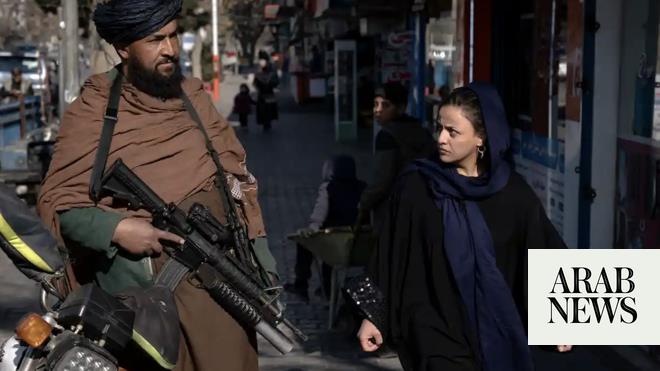
Fears detention of reporters may ‘become commonplace’ if Public Order Bill passed
Recent arrests of 3 reporters at Just Stop Oil protests sparked intense debate
LONDON:
A British journalists’ union and international rights campaigners have warned that the arrest of reporters could “become commonplace” in the UK if planned new legislation is made law.
The National Union of Journalists warned of the risks under the proposed terms of the Public Order Bill soon to be debated by the British parliament.
And NUJ officials have called on the UK government to review the legislation.
The concerns follow the arrest by Hertfordshire Police of three journalists covering recent Just Stop Oil protests. The reporters were held despite showing their press passes to police officers.
NUJ general secretary, Michelle Stanistreet, said: “We now call upon the National Police Chiefs’ Council to take immediate action to ensure this is prevented in future by all police forces who are overseeing the issues of public order associated with the Just Stop Oil protests being conducted on the M25 (motorway around London) and elsewhere.
“A central, key aspect of this has to be initial identification of the status of such news gatherers on the basis of their holding of the UK Press Card Authority press card, as recognized by the National Police Chiefs’ Council itself.”
Documentarian Rich Felgate, documentary photographer Tom Bowles, and Charlotte Lynch, a reporter for LBC, were arrested and detained for a few hours for filming the actions of the environmental activists on the motorway.
The incident sparked an intense debate within the media industry and beyond with several organizations, including law reform charity group Justice, and advocacy groups Amnesty International UK and Liberty, expressing concerns that the arrest of journalists could “become commonplace” if the Public Order Bill became law.
Tyrone Steele, a criminal lawyer at Justice, said: “These incidents clearly demonstrate the broad range of powers that already exist to police protests and show how they can be misused to stifle press freedom.
“These arrests foreshadow what might become commonplace if the Public Order Bill is passed. The bill creates a swathe of new criminal offences that are so broad they have the potential to capture a vast range of ordinary peaceful behaviour, including journalists covering protests.”
The proposed bill has been designed to grant police greater powers to “respond more effectively to disruptive and dangerous protests.”
Planned measures include the legal ability to jail activists for locking on (individuals attaching themselves to others, objects, or buildings), the extension of stop-and-search powers for police, and the banning of repeat offenders from attending protests.
The UK government claims that legislation is needed to put a stop to protests such as Just Stop Oil and Extinction Rebellion, which have repeatedly attempted to block road traffic.
Jun Pang, policy and campaigns officer at Liberty, said that in its attempt to introduce the bill the government was “trying to resurrect dangerous anti-protest proposals that the people and parliament have already loudly rejected just months ago.”
She added: “In recent years we’ve seen this government hand out sweeping powers to police which have been used to create a hostile environment for protesters and an increasingly dangerous working environment for journalists who face intimidation and arrest for simply doing their jobs. But this is not an isolated incident.
“The Public Order Bill will have a chilling effect on the right to protest, criminalizing anyone attempting to make themselves heard. The arrests we’ve seen this week show that we are heading in the wrong direction. In a functioning democracy, everyone must be able to stand up to power.”
A British Home Office spokesperson described the rights groups’ claims as “inflated and spurious.”
They said: “We want to protect press freedoms – and that’s what our Public Order Bill does. Previously protesters have tried shutting down printing presses, which is completely unacceptable, and our bill is designed to tackle this kind of disruption.”
Another upcoming piece of legislation, the National Security Bill, has also come in for criticism from press freedom advocacy groups.
In a submission to the government, the Guardian News and Media group recently warned that the proposed legislation threatened to “criminalize” some investigative journalism and “chill” whistleblowing.
And the NUJ, openDemocracy media platform, Reporters Without Borders freedom of information organization, and voice on free expression group Index on Censorship, have issued a joint statement slamming the National Security Bill.
It said: “Obtaining or sharing protected information, or information that is subject to any type of restriction of access, far beyond classified materials, greatly expands the state’s control over what journalists report on and significantly restricts the public’s right to know.”












